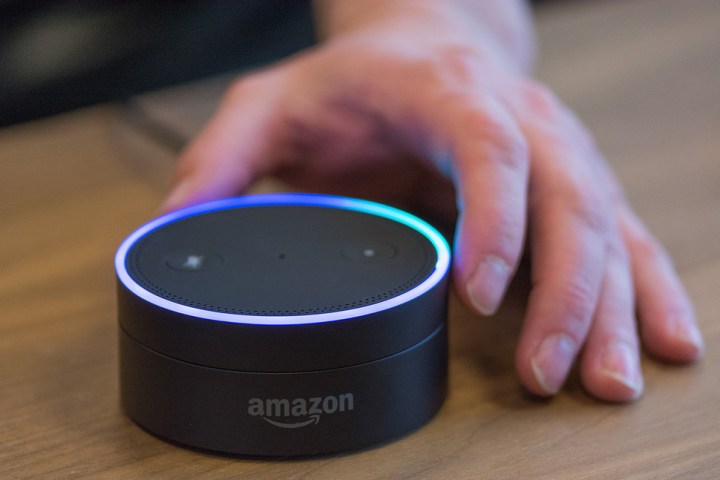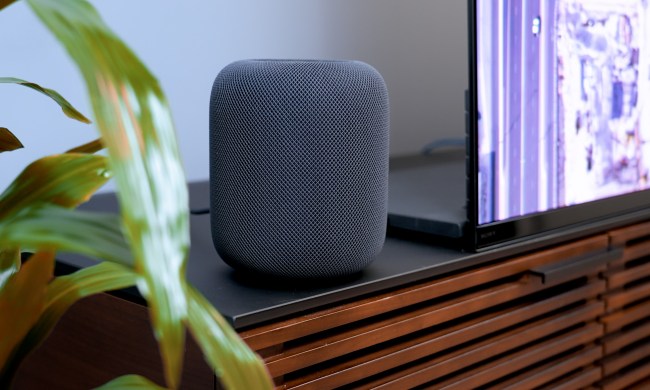
The data comes courtesy of NPR and Edison Research and suggests the nation is beginning to cozy up to the technology as tech giants such as Amazon and Google duke it out to lead the smart-speaker pack.
And with Apple set to enter the market any time now with its HomePod device, expect ownership numbers to climb even further in 2018. Indeed, another study conducted recently by the Consumer Technology Association suggests 44 percent of U.S. adults plan to buy a smart speaker at some point during 2018.
The hands-free, voice-controlled devices let you request information, play tracks from your digital music library, make calls, listen to audiobooks, control smart-home gadgets, and more.
NPR’s data found that around 7 percent of Americans bought a smart speaker during the period between Black Friday (November 24) and the end of December, with Amazon’s Echo platform proving more popular than Google’s Home offerings.
The fierce competition prompted both companies to drop the prices on some of their smart speakers in the run-up to Christmas, though it appears the two competitors had little trouble persuading consumers to part with their cash in exchange for an Echo or Home product. Amazon, for example, said its Echo Dot — cut to $30 from $50 during the pre-Christmas period — was its best-selling device this holiday season “from any manufacturer in any category across all of Amazon.”
Just over 65 percent of consumers said they’re using their voice-activated speaker to stream music, answer questions, tell jokes, and play games. Meanwhile, 31 percent said that in the previous week they used their speaker with a smart device to control things like lights and temperature around their home.
Interestingly, 34 percent of respondents said their smart speaker is causing them to spend less time using their smartphone, while 44 percent said that having gotten used to barking commands at their speaker, they’re now using their phone’s digital assistant — think Google Assistant or the iPhone’s Siri —more than before. Altogether, 71 percent of those with a smart speaker said they now listen to more podcasts and radio shows.
Finally, 65 percent said they would no longer want to go without a smart speaker.
More and more companies are entering the smart-speaker space, with many devices incorporating digital assistants such as Amazon’s Alexa or Google Assistant. For more details on what’s currently available, check out this recent DT piece.
NPR‘s study interviewed 1,816 adults nationally between November 17 and December 30, 2017.

